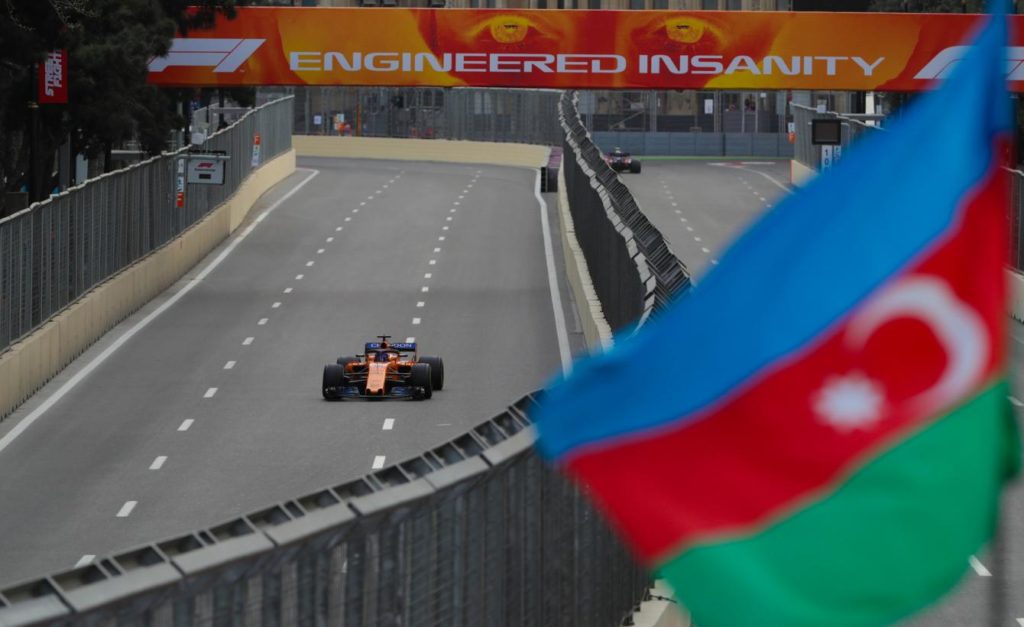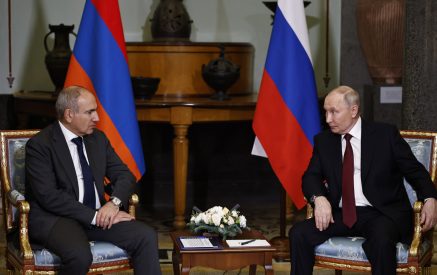by Andre Khatchaturian
On October 12, 2022, the White House published President Biden’s first national security strategy. The document outlines the US’ primary goals for domestic and foreign policy and its future vision for the world. US national security strategies have been published every four years since the early 2000s, laying out the incumbent administration’s policy goals and strategic priorities. The 2002 and 2006 national security strategies were focused on the war on terror and democracy promotion. The Obama administration, while emphasizing democracy promotion, started to refocus the US’ attention on the Asia-Pacific region. Meanwhile, due to the 2014 Ukraine crisis, the February 2015 national security strategy included harsh rhetoric toward Russia. In December 2017, President Donald Trump focused his national security strategy on great power competition and US rivalry with China.
When Russian President Vladimir Putin launched unprovoked assaults on Ukraine in February 2022, the sports world reacted rather swiftly.
Read also
FIFA banned the Russian national football team from competing in major events like the World Cup and Euro 2024. UEFA announced that the Champions League Final, association football’s biggest game between club teams, would no longer be taking place in Saint Petersburg.
The International Olympic Committee (IOC) condemned Russia’s “breach of the Olympic truce” and urged federations of all sports to ban Russia from competing in international events. International federations for swimming, track and field, basketball, ice hockey, figure skating, volleyball – among others – all placed temporary bans and sanctions against Russian athletes shortly after and Russian athletes were not allowed to compete at the 2022 Winter Paralympics.
And finally, Formula 1, the highest class of international racing for open-wheel single-seater formula racing cars, laid down the hammer against Russia, canceling the Russian Grand Prix, which was scheduled to take place in September. Formula 1 later went on to terminate its contract to hold future versions of the Russian Grand Prix.
While the sports world made a stern statement against Russia for its international transgressions, none of the aforementioned federations have made a peep when it comes to Azerbaijan’s recent attacks on Armenia’s sovereign territory.
On Sunday, Azerbaijan’s football team was drawn into Group F by FIFA for the Euro 2024 qualification tournament. While Russia is banned from the tournament, Azerbaijan is scheduled to play against Austria in March 2023.
Apparently, Azeri aggression doesn’t apply to Formula 1’s “strict” code of conduct either. In September, the organization announced that the Azerbaijan Grand Prix will remain on its 2023 schedule. The race has been held at the Baku City Circuit since 2017, most recently in 2021 and 2022 – well after Azerbaijan launched its offensive against Artsakh in 2020. Evidently, Formula 1 believes Russia’s attacks on Ukraine are far more reprehensible than Azerbaijan’s war crimes and murder of Armenian prisoners of war.
To raise awareness about Formula 1’s deafening silence, the Armenian community and its allies have been the driving force behind an online petition to convince Formula 1 CEO Stefano Domenicali to re-evaluate his Grand Prix host. “Formula 1 – Stop Holding Your Grand Prix in Genocidal Azerbaijan” has garnered more than 31,000 signatures as of Monday.
“As an international sporting event, Formula 1 has a responsibility to host its tournaments in countries that are welcoming to people of all races and genders,” reads the petition, pointing to a handful of Azerbaijan’s many genocidal actions and policies against Armenia, including the recently publicized footage of Azeri soldiers torturing and mutilating Armenian servicewomen. “The Grand Prix in Azerbaijan has brought in over 500 million dollars to Azerbaijan’s economy – which contributes to the military carrying out these crimes against humanity,” continues the petition.
By allowing Azeri athletes to participate in international tournaments and hosting a motor racing event in Baku, FIFA and Formula 1 are publicly condoning the aggressor in these ongoing attacks on Armenia and Artsakh.
Whether or not the IOC, Formula 1 or FIFA impose restrictions against Azerbaijan and its athletes remains to be seen. But as of this moment, their hypocrisy is glaring.





























































